Look up! Don't Look Up! Look Up!
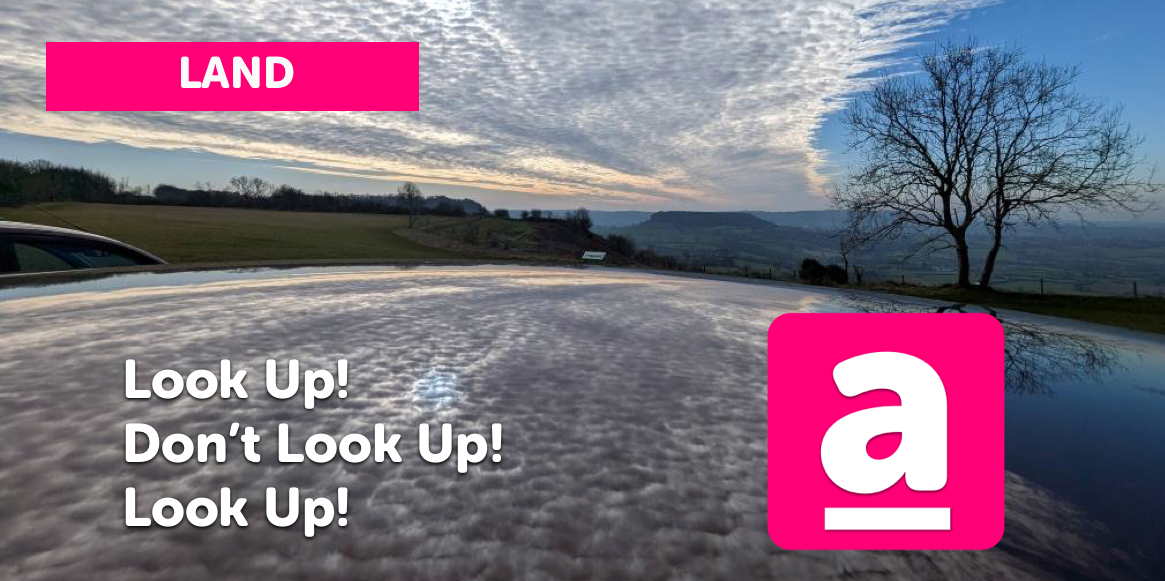
by Alun Hughes | Dialect
IT'S A QUIET SUNDAY MORNING in late October, three weeks since Autumn Equinox.
Leaves are on the turn, with wonderings as to whether the balance of sunshine against rainfall of the Summer will have made enough sugar for a burnt-to-a-crisp red or, if not, a mulchy piss yellow Autumn, or something altogether in between. I look out on the quiet of the road I live on with my portable speaker piping Sounds of the Ocean.
It keeps me in mind, hunkered down in the valleys as we are, of the edges of our island home, of our place, moored in the Atlantic, at the western edges of a continent. But, although our home could be thought of as moored, we, the folk, find ourselves adrift in times whose turbulence is all our making.

I was preparing to pick up from a piece I wrote here in Summer and a subsequent rant I made to Stroud Imagines about my hope that The Heavens, once in community ownership, becomes an exemplar of regenerative agroforestry and a place where the youngers could train before being assisted by the community in establishing small holdings, crofts on the acres (and acres) of disused land around Stroud District; providing carbon neutral housing for themselves where they can live, regenerating the land and providing surplus food and materials back into the community that supports them.
I was going to wonder with you why such an eminently sensible strategy, given our predicament, would find it incredibly hard to become realised in the current environment.
But I can’t because, honestly, I would feel like part of the problem, a co-conspirator with the establishment. Through the act of writing here, encouraging and articulating a mirror into which could be read a reinforcement of self-image feels, well, wrong. Just looking at any street scene anywhere in our town, watching folk going past entranced by devices, I didn’t want to add to it, though the irony of this moment is obviously not lost.
My concern was that I was making myself another role in a theatre of complicity. That all that road would serve in doing would be to grow some new flesh for the worn hands, rubbed together in privileged despair. Or make new leather for the liberal chatter belt that we strap round our worthy, earnest conversations, maybe over a pint of Stroud Brewery’s latest, ‘Enclosure’ IPA or ‘Mass Trespass’ Porter.
When the Bathurst family monetized the gates to their Cirencester Park Estate, there was a protest march that billed itself as a ‘Mass Trespass.’ The ‘pay’ gates, however, were not yet in operation and the amassed protestors could, as local people previously had for years, walk onto the Estate.
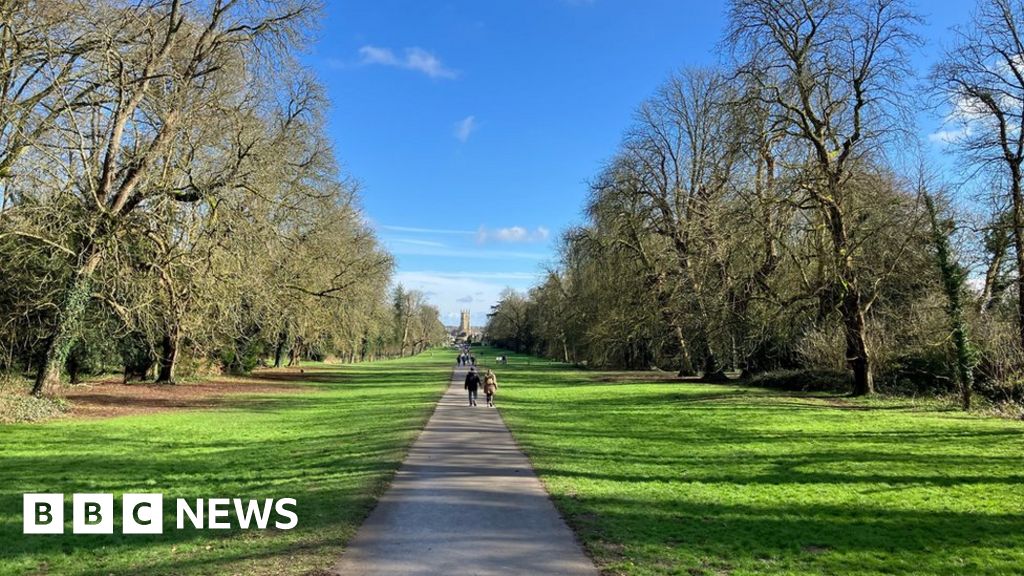
I wondered, at the time, how this was actually a trespass, an offence, and how it may have played out if those protesting and speech giving had simply occupied the family’s house until they withdrew from their plan of further enclosure and privatisation.
I didn’t attend the march that day, having previously walked with a friend who liked it there. Personally, my own feeling is that walking there or, indeed, any number of these colonial piles, as some sort of ‘guest,’ is to take part in a collective ritual of deference, a scene played out in the Theatre of Complicity.

Now, I know people who were raised in Cirencester and I completely understand that the gates to the Bathurst Estate being effectively closed, by establishing a ‘paywall’, deprives them of an area held dear within their psycho geography, a place of happy childhood and teenage memory. But this is also an expression of the paucity of access to land in general, particularly in England.
This story, from a corner of the Cotswolds, illustrates a predicament the whole country endures, the ageing system of land enclosure for private profit.
Here, I will not bore you with the percentages. I do suggest though, if you do not know The State you are living in, that you take the time to read The Book of Trespass by Nick Hayes and Who Owns England by Guy Shrubsole.
Both these excellent books expose and explain where we are and how we got here. I also understand, dear reader, that there might now be an expectation here of some due diligence on my part to prove to you that I have read these books (I have) by quoting them and their excellent research. Yes, I could give you the numbers, the references which they’ve already done. Well, apologies, that’s not how this yarn is rolling.

What I will say though, as a clue, is that if this particular equation were set on an old set of seesawing scales, there’d be some shocking checks and balances going on.
Imagine, on one side a huge group of people weighing the scales right down and on the other, a tiny one. You can see how that would be.
That tiny group have amassed for themselves almost all of the land and have excluded the huge group from it.
This has been achieved over centuries by means of violent theft, enclosure, clearance and most importantly, the management of perception, the state of mind of the huge group.
This has been maintained with tools such as persecution, transportation, mortgage and tenancy. And that’s all I can give you I’m afraid because, to my mind, this issue is of such importance that I can only encourage you to find out for yourself.
It lies at the foundation of the place we call ‘our country’ and at the very heart of our human predicament.
Rematriation is a term that carries profound meaning, transcending the mere act of returning land to indigenous communities. It encapsulates the idea of re-establishing an inseparable connection between the people and their ancestral land, allowing them to engage in reciprocal relationships guided by respect, reverence, and care.
This process acknowledges that the land is not just a physical space, but a spiritual and cultural foundation that shapes the identity and worldview of indigenous communities.
Find out more from: https://nwaic.org/news/rematriation-restoring-ancestral-land-and-lifeways-through-sacred-relationships
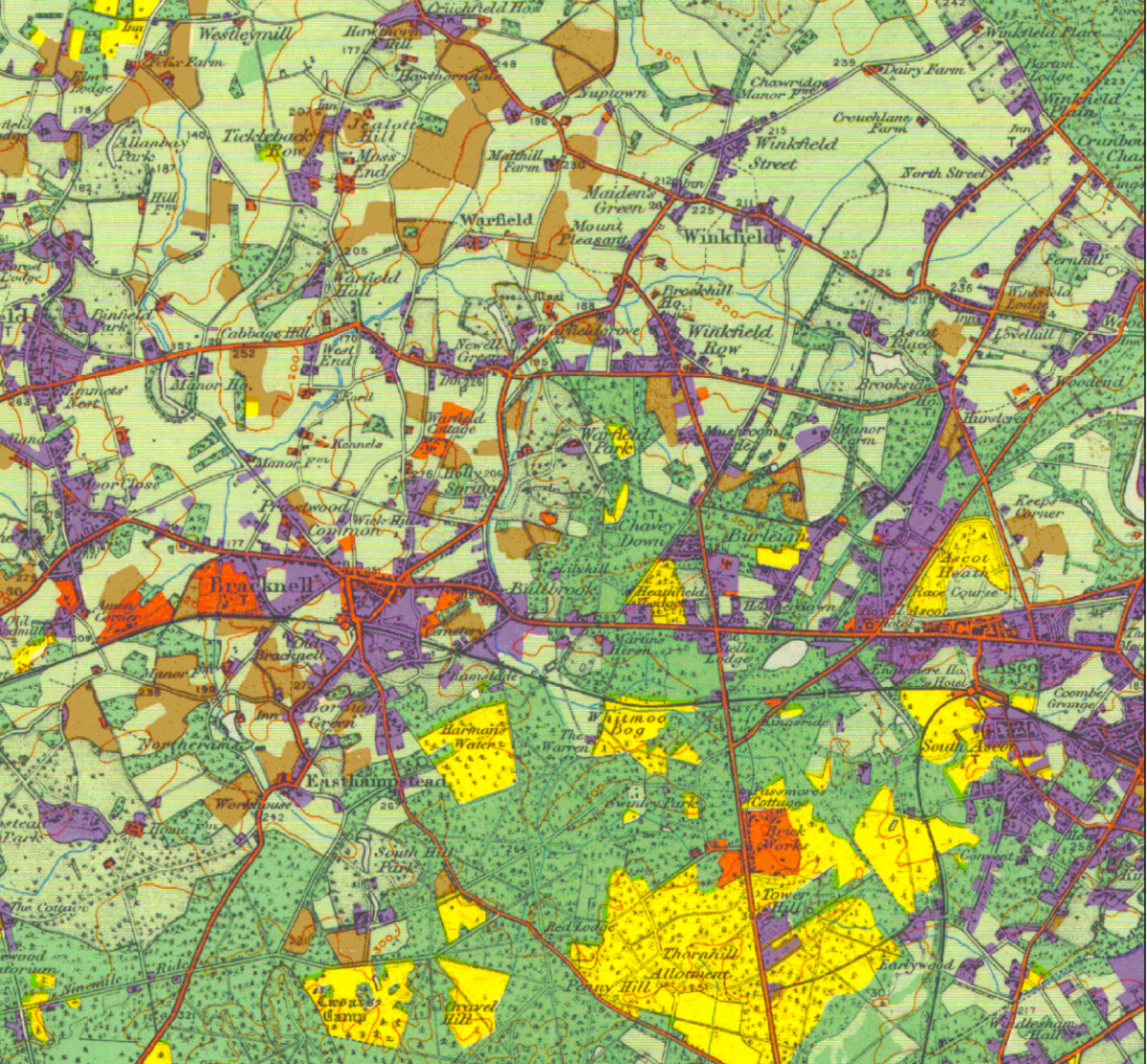
I, for one, hope that happens before complete system collapse, but who knows? Some say it’s the hope that gets you every time. But, by changing the fundamental nature of our relationship to land, from one of ownership and exploitation to one where we belong to land and behave as the custodian species, stewards of her regeneration, changes pretty much every relationship beyond.
These changes, like establishing the crofting system I described at the beginning are increasingly becoming a simple case of common sense.
But first, maybe it’s our minds that need decolonising.
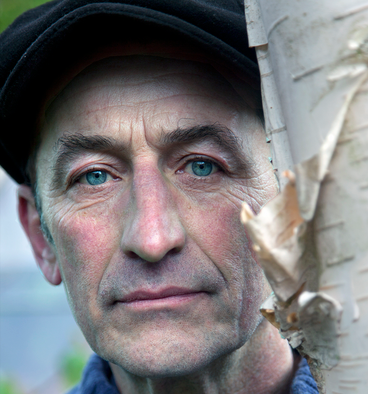
Alun Hughes is a writer and wilderness guide living in Stroud. He is a writing tutor with Dialect. Alun's poetry pamphlet Down the Heavens, is published by Yew Tree Press.
Alun has a substack called Salmon Paths where you can read (and listen to) his various musings on life, poetry and nature


Amplify Stroud is supported by Dialect rural writers collective. Dialect offers mentorship, encouragement and self-study courses as well as publishing.
You can find out more at https://www.dialect.org.uk/






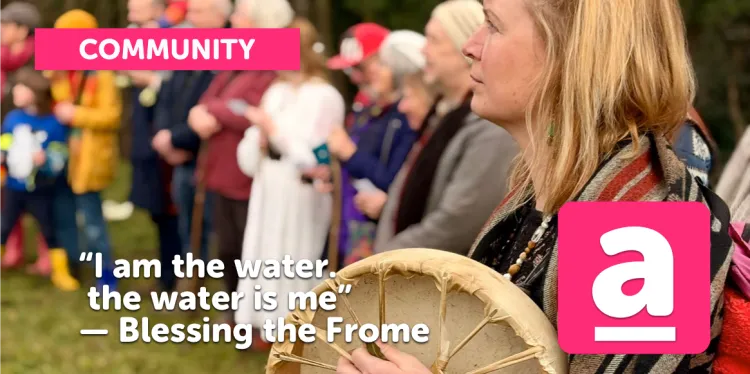



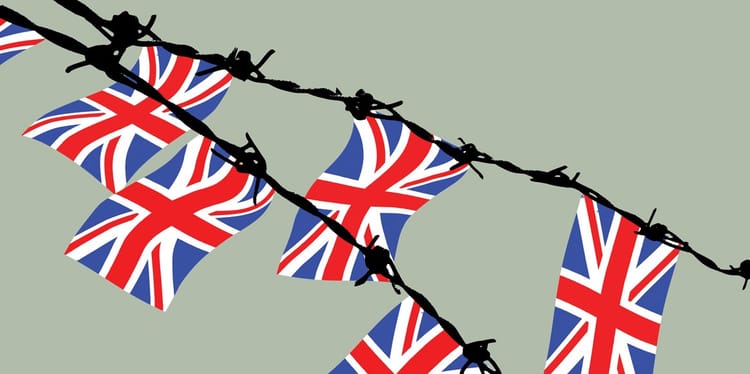
Member discussion